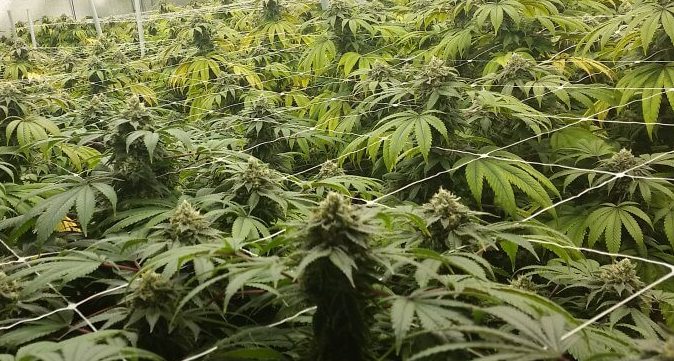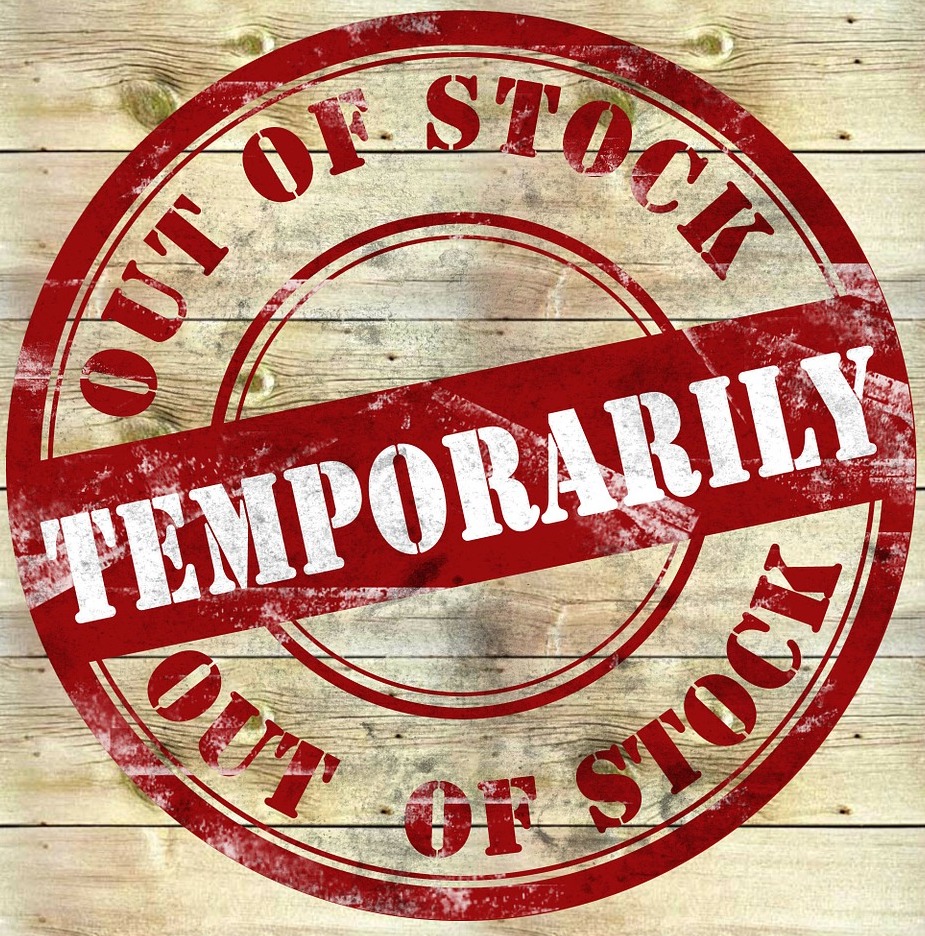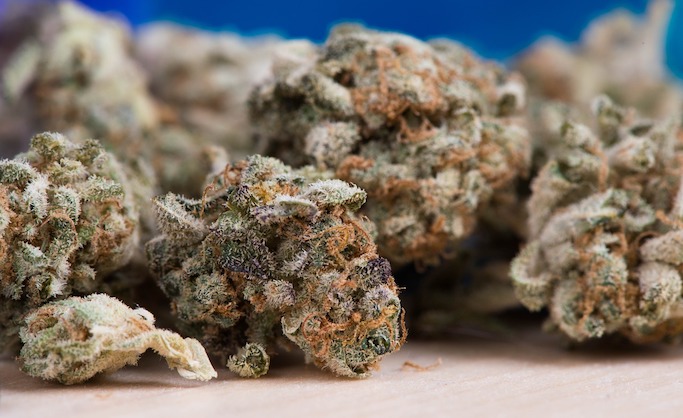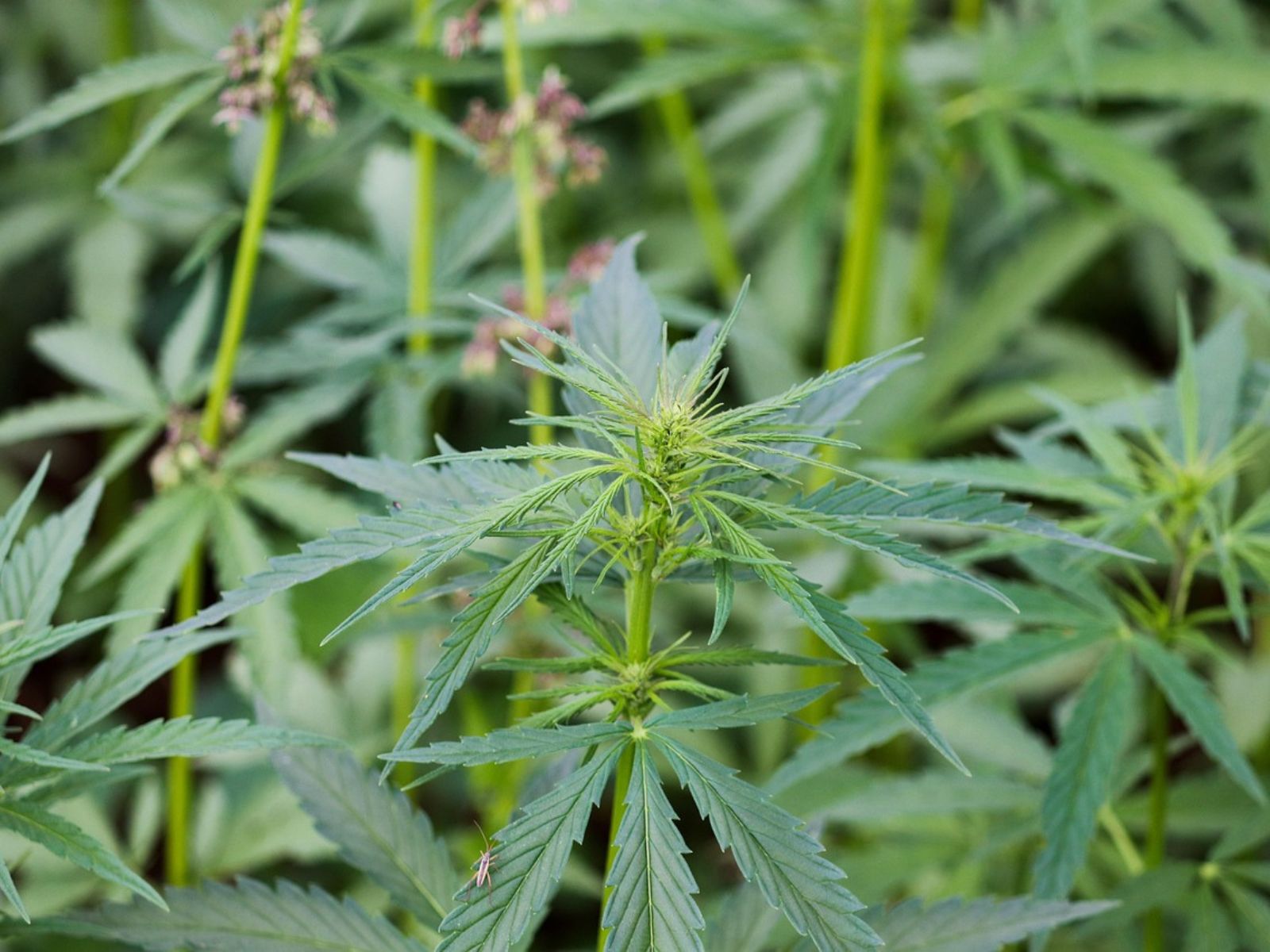
Oregon Doesn’t Have Too Much Cannabis, U.S. Has Too Much Prohibition

Oregon Doesn’t Have Too Much Cannabis, U.S. Has Too Much Prohibition
As the Oregon legislative session is set to begin, legislators will be contemplating whether to pass a bill that allows state-regulated growers the ability to export cannabis. The ability to export cannabis is desperately needed because the Beaver State has an overabundance of cannabis and the livelihood of many farmers are in danger as the high supply has dropped prices dramatically.
While the low prices have created a cannabis consumers’ paradise in the Pacific Northwest, the market is taking its toll on cannabis cultivators, especially mom-and-pop operations that don’t have the capital to survive years under these economic conditions. Adam Smith of the Craft Cannabis Alliance, who detailed his plan to pass an export bill at the previous International Cannabis Business Conference in Portland last September, recently had his efforts covered by Rolling Stone:
“Oregon has been growing cannabis for generations,” Adam Smith, founder and director of the Oregon small business association Craft Cannabis Alliance, tells Rolling Stone. “Since 1998, we’ve had a thriving above-ground medical marijuana industry. After all that time, we had thousands of mostly small artisan growers, both medical and illicit. So when the state legalized [recreational] cannabis, it did something very wise and very Oregon — we legalized the industry we had.”
***
“We’re looking at hundreds of millions of dollars of local capital that is at imminent risk,” Smith tells Rolling Stone. ”This is real money out of people’s pockets, in a state that can’t afford this kind of economic devastation over a short period of time. Many of these businesses are growing some of the best cannabis in the world, as efficiently as anyone anywhere. It matters that we understand that this is not an oversupply problem, it’s a political problem, a market access problem and a prohibition problem.”
The Daily Beast also just covered the issue of Oregon’s cannabis bounty:
In 2017, the state produced 1.1 million pounds of marijuana, roughly three times more than its population of 4.1 million people could possibly smoke, eat or vape, according to state data, which was first reported by the Willamette Week newspaper. The glut of ganja sparked a buyer’s market with joint prices plunging to as low as $1, less than a can of Pabst Blue Ribbon.
It may be pothead paradise—but it’s far from the “green goldrush” business owners foresaw in 2014, when recreational weed became legal in Oregon. These days, growers who once sold a pound of pot for $2,000 are unloading it to wholesalers for just $600, and barely breaking even.
“Oregon just has too much weed,” said Amy Margolis, founder of the Oregon Cannabis Association, a network group for hundreds of businesses. ”This is a real problem—and one we should take seriously from a policy perspective.”
I’m going to respectfully disagree that Oregon has too much cannabis. While I am sympathetic to the plight of farmers, lower prices greatly help low-income patients acquire cannabis, especially since too many have lost their growers after the state has overregulated the Oregon Medical Marijuana Program.
While headline after headline is decrying the bounty of cannabis that Oregon has, the real problem isn’t all of the cannabis produced, the problem is prohibition. Once the United States legalizes cannabis, Oregon, California, Colorado, and other states will be able to export across the nation, and the world. While California’s rollout of licenses has been relatively slow, once the world’s sixth largest economy is fully online, we can expect similar cries that the Golden State has produced too much cannabis. The West Coast pioneering states are in a unique position to lead the effort to make cannabis exports a reality. Congress and Donald Trump need to act soon to end the failed and harmful policy of prohibition before small farmers are completely pushed out of the market.
The International Cannabis Business Conference will be covering all of the hot-button issues impacting the cannabis industry, including the future of exports, at our upcoming conference in San Francisco this February 7-8, 2019. Don’t miss your opportunity to hear the latest and network with top investors and entrepreneurs by securing your discounted early-bird discounted tickets by January 18th. After San Francisco, the ICBC will be heading to Barcelona, Berlin, Zurich, and Vancouver throughout 2019.
Share article
Ticket Prices increase €200
On March 18th

Ticket Prices increase €200
On March 18th

Ticket Prices increase €200
On March 18th
Share article
Join Our Awesome Community
Join Our Awesome Community
Join Our Awesome
Community
Get all the latest industry news
delivered to your inbox







